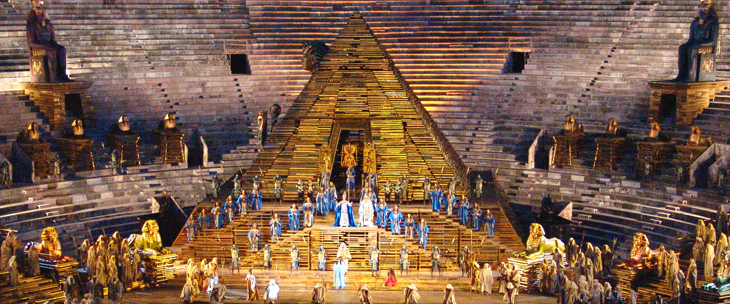Incentive travel is one of those fields in which creativity and flexibility are of the essence. One size most definitely does not fit all. Having established that not all firms employ adventure trail enthusiasts, mountain bikers and fans of the seaside, we have offered you a few options for sports and arts fans, in order to offer your team an unique experience, tailored to their taste and passions. Sports fans will enjoy visiting Rome and Milan, which will play host respectively to the BNL Italian Open and the UEFA Champions League Final in the coming spring, whereas art and design enthusiasts will be drawn to the Triennial Design Exhibition in Milan. If art, culture and beauty are to be the pillars of your travel experience, however, opera can take your Italian travel experience to the next level. The Arena di Verona is the opera lover’s Mecca. Magnificent productions are hosted in this theatre every year, as part of the local opera festival. This year’s edition of the Verona Opera Festival is scheduled to take place from June 24th to August 28th and it will include five operas and a ballet night.
✖
Let’s Organize an event together ! Contact us
✖


Leave a reply